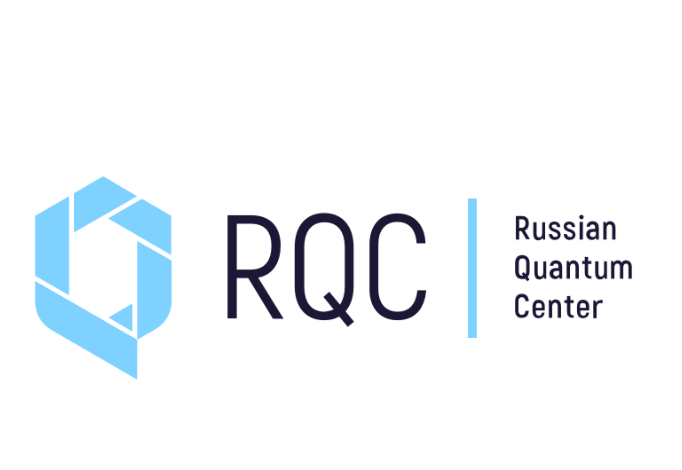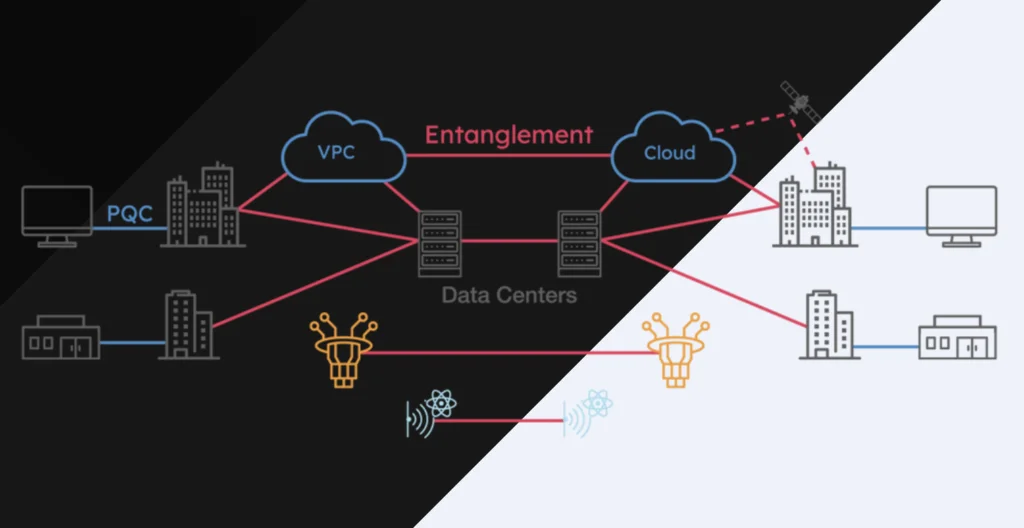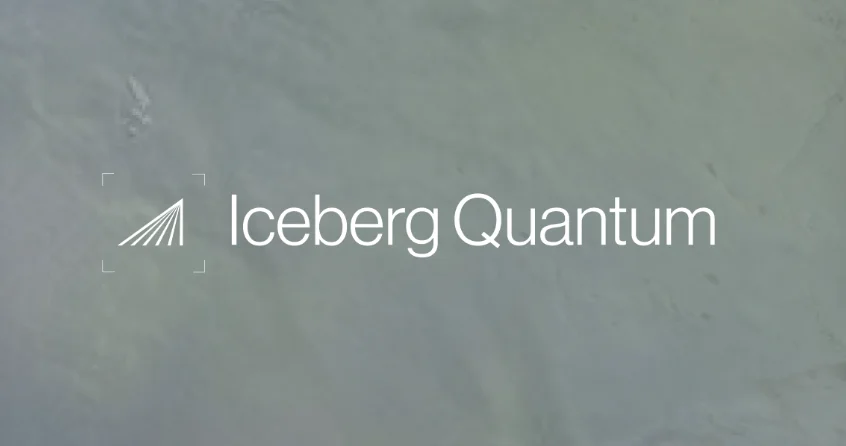The Russian Quantum Centre (RQC), a private organization in Russia, is aiming to establish partnerships with Indian academic and research institutions as part of its strategy to develop quantum applications and hardware for public services, as revealed by Ruslan Yunusov, RQC’s CEO and co-founder. He mentioned that the Russian government will officially bring up this matter during the Brics forum (Brazil, Russia, India, China, South Africa). While no official contracts or partnerships have been signed yet, discussions about potential collaboration between scientists from both countries have been promising and mutually interested.
During the Future Technologies Forum on 13 July, attended by Russian President Vladimir Putin, which The Quantum Insider covered this week, Russia’s leader expressed the expectation of discussing specific projects with Indian partners, particularly in cutting-edge computing technology, data processing, storage, and transmission technologies. Putin also proposed a “national technology project” for 2030, focusing on creating a roadmap for the development of Russian quantum technology.
However, due to heightened geopolitical tensions, the prospects of these collaborations remain uncertain. Indian government officials have reported that multiple Russian delegations have visited various Indian institutes and government-affiliated departments over the past six months, but no concrete agreements have been reached. Senior members of Indian research bodies confirmed that while discussions on potential collaborations took place earlier, no official announcements have been made yet. Nonetheless, it is not uncommon for scientific communities and research institutes in India to engage in such discussions with other countries, including the European Union. Whether any of these discussions will lead to official collaborative projects depends on factors like geopolitics and international relations.
Aleksey Akimov, principal investigator at RQC, expressed Russia’s interest in several collaborative areas with India to enhance quantum computing capabilities. They have already built a 32-qubit quantum computer and seek technical expertise from India to establish common standards in various aspects of quantum computing. Despite involving national security issues, Akimov believes that countries can collaborate in quantum computing by building their own solutions and standards while working on a common, stable technology platform.

For instance, both countries are exploring the possibility of offering quantum computing services through the cloud to commercialize the technology. Such collaborations take time to develop, but they hold potential benefits for both nations.
India has already attracted interest from various countries, including the European Union, due to its capabilities in different technological areas, including its own functional quantum computer. The National Quantum Mission announced earlier in the year further enhances India’s position in the global quantum landscape.
RQC aims to foster not only governmental but also institutional collaborations with India. The organization is currently engaging with Indian universities to explore potential areas of joint technology development and partnerships. RQC recognizes India’s existing strengths in various quantum computing areas and seeks ways to identify mutual strengths and develop collaborative projects accordingly.
For more market insights, check out our latest quantum computing news here.
















